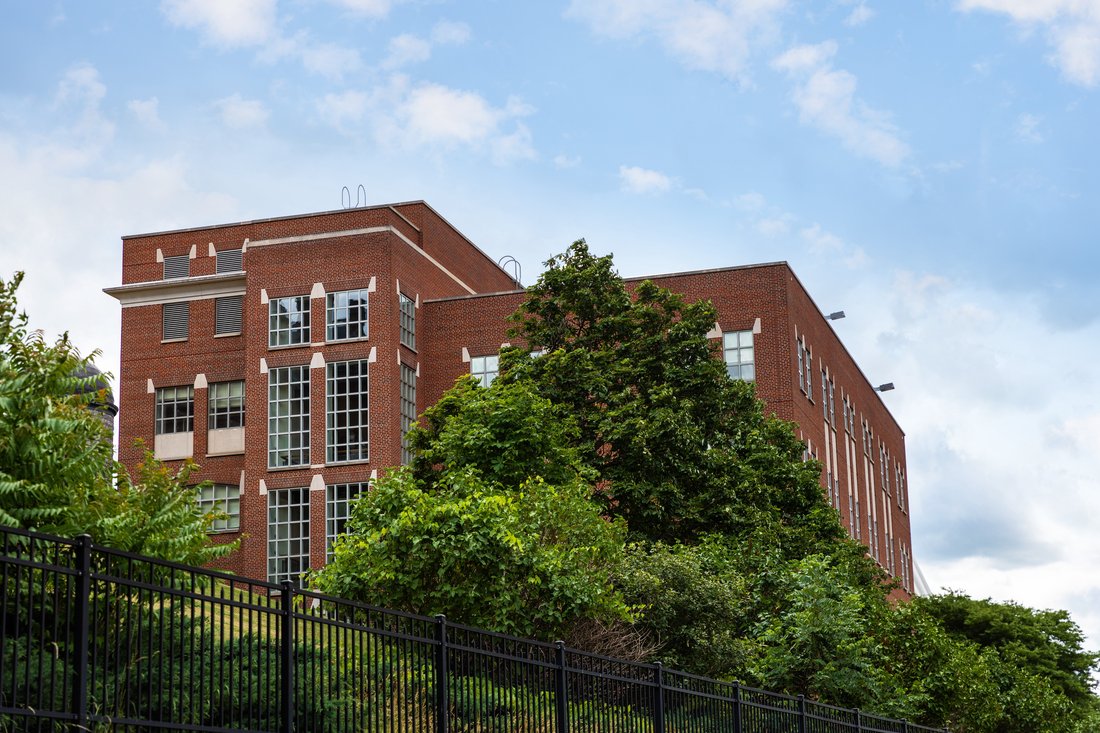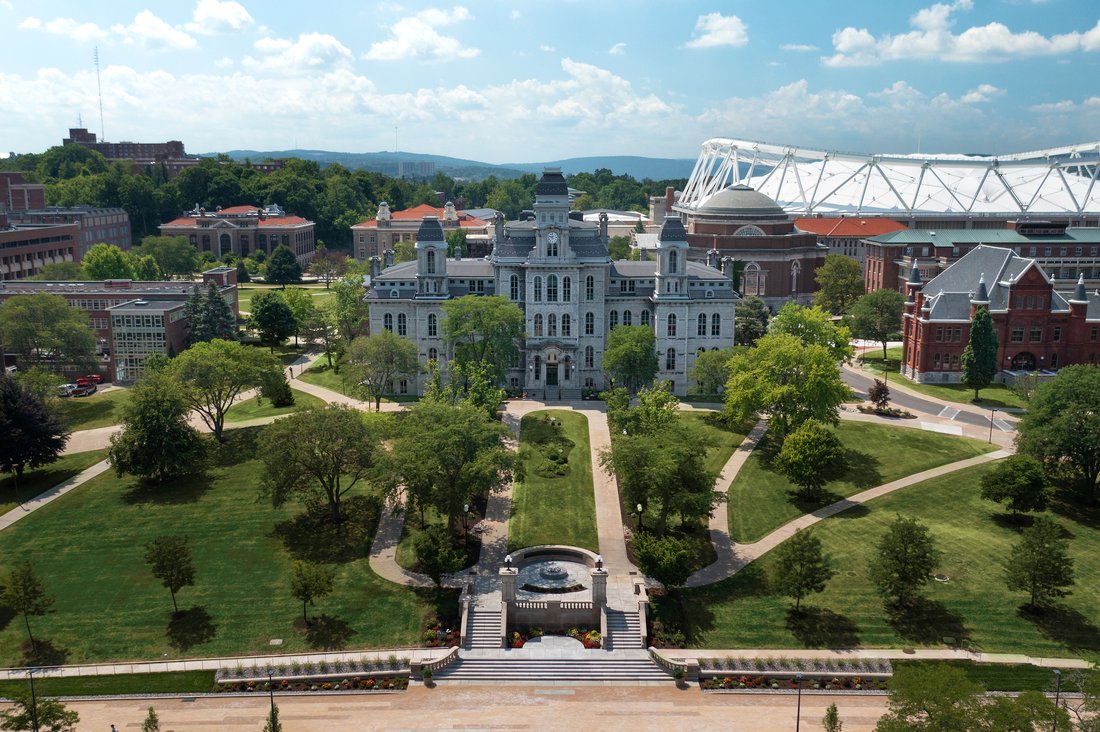
David B. Falk College of Sport and Human Dynamics
Curriculum
This program provides the theoretical background and practical experience needed for students pursuing national certifications offered by the American College of Sports Medicine and the National Strength and Conditioning Association. You'll have the option to complete an internship or partake in a master’s thesis.
For the internship experience option, you’ll practice and learn under the guidance of a site supervisor—a full-time professional at your internship site—and a faculty mentor. There are a wide variety of internship settings in Syracuse, including three major hospitals within walking distance of campus, local private practice settings, Syracuse University Athletics, and other local professional and collegiate sports teams.
For the master’s thesis option, you will complete a research project, from data collection and analysis, to presenting your findings and submitting your work, to academic journals for publishing. Research in exercise science impacts health policies, patient treatment plans, nutritional recommendations, athletic training, community interventions, health access and equity initiatives, and beyond.
The Department of Exercise Science houses several laboratories that support integrative research at the cellular, tissue, and whole organism level. Laboratories include:
- The Cardiovascular Laboratory: Conducts non-invasive assessment of vascular structure and function to explore the impact of exercise on emerging markers of cardiovascular disease risk.
- The Kinesmetrics Laboratory: Apply objective measurement tools to understand physical behaviors’ (sleep, sedentary behavior and physical activity) consequences on health.
- The Clinical Research Laboratory: Utilize metabolic testing facilities and wet lab space to measure cardio-metabolic risk factors—such as insulin resistance, metabolic syndrome, and type 2 diabetes—in obese populations.
- The Hypoxia/Altitude Simulation Laboratory: Assess the role of low oxygen (hypoxia) on human physical performance using a high-altitude simulation chamber.
Program Details
Faculty Mentors
No matter your unique research interest, your project will have every opportunity to thrive under the guidance of faculty mentors at Syracuse University. Exercise science faculty are widely published, leading scholars supported by grant funding from the National Institutes of Health, National Science Foundation, American College of Sports Medicine, National Aeronautics and Space Administration (NASA), and more.
Careers in Exercise Physiology
With an M.S., you can practice exercise physiology in many settings, such as:
- Government, hospital-based, and non-profit health programs (including cardiac rehabilitation units).
- Corporate fitness and personal training.
- Research and instructor roles in higher education or healthcare.
Or pursue further education for careers in:
- Physician’s assistant, occupational therapy, physical therapy, or nursing.
- Advanced study in exercise science (our Ph.D. program or related doctoral programs in kinesiology nationwide), a national fitness certification, medical school, or another area of interest.

